AAPI Hate: Taking the First Step in the Right Direction
Blog posted by Wesley Chen
Image Source: CNN
Rise of AAPI Hate: The Ripple Effect
In 2021, anti-Asian hate crimes increased by over 339 percent nationwide. These incidents range from verbal abuse to acts of vandalism and even physical assaults. Most notably was the Atlanta Spa Shootings in March 2021, in which a white male brutally murdered 8 people, 6 of which were of Asian descent. Many believe that these incidents are fueled by xenophobic and racist beliefs towards the AAPI community. They are perpetuated by false narratives blaming the AAPI community for the COVID-19 pandemic. It certainly doesn’t help when influential public figures popularize these conspiracy theories by actively promoting them. Infamously at a campaign rally, former President Trump joked about and coined the derogatory term “Kung Flu” in reference to the COVID-19 pandemic and AAPI community. Even if it was meant to be a harmless joke, the ripple effect can be massive. In fact, I felt the effects in school.
It’s not uncommon for friends and classmates to crack jokes at each other. With many of my friends being immigrants like myself, the term “go back to your country” is often thrown around without much care. We all just laugh it off. But, as I reflect back on these incidents, I’ve come to realize that we are slowly becoming more and more desensitized to these clearly racist remarks. This was especially evident when the COVID-19 pandemic started. Throughout the pandemic, the most common question I received from my peers was whether it was true that Chinese people ate bats. Ignoring the fact that I don’t identify myself as Chinese, my peers still assumed the same stereotypes about me due to my looks. What annoyed me the most about these questions was how insensitive they were. It was almost like a full circle moment as I came to realize that this was the result of us developing a habit of always laughing or dismissing these racist remarks in the past. By not speaking up for myself and others, I realized that in a weird way I was essentially enabling the hate to continue to spread. To stop this, we need to change. I need to change.
Grassroots Campaigns: The Need for Change
In February 2020, Cynthia Choi, co-executive director of Chinese for Affirmative Action, Russell Jeung, chair of the Asian American studies department at San Francisco State University, and Manjusha Kulkarnari, executive director of Asian Pacific Policy and Planning Council, teamed up to form Stop AAPI Hate, a nonprofit dedicated to collecting, reporting, and advocating against AAPI hate crimes. To date, over 11,500 incidents of hate crimes have been reported to Stop AAPI Hate. As the movement grew larger, they began advocating for the COVID-19 Hate Crimes Act, which was eventually passed in May of 2021. At the same time, combating AAPI hate didn’t stop at just the professional level. Many students from around the world also volunteered and banded together to help spread more awareness about AAPI hate. Dear Asian Youth, an organization founded by youths to uplift and promote the Asian community, is an example of this as it has expanded to having over 200 chapters across 18 different countries during the past few years. Many of these grassroots organizations started off small with very few members and not much financial support, but it’s the time and dedication that led them to the success they have today. These organizations are what inspired me to be a part of this movement. In December of 2021, I joined the Lotus Project and am happy to say that I’ve experienced, grown, and learned much more about the AAPI community than I would’ve ever imagined. That’s why I encourage everyone to also speak out and take a stand against AAPI hate. From small things like educating your friends or classmates about harmful jokes to participating in rallies and protests and everything in between, there are many ways you can take action. It may seem like we are far away from ending AAPI hate, but when millions take that first step together, the distance we need to cover becomes much shorter. Let’s take these first steps together!



